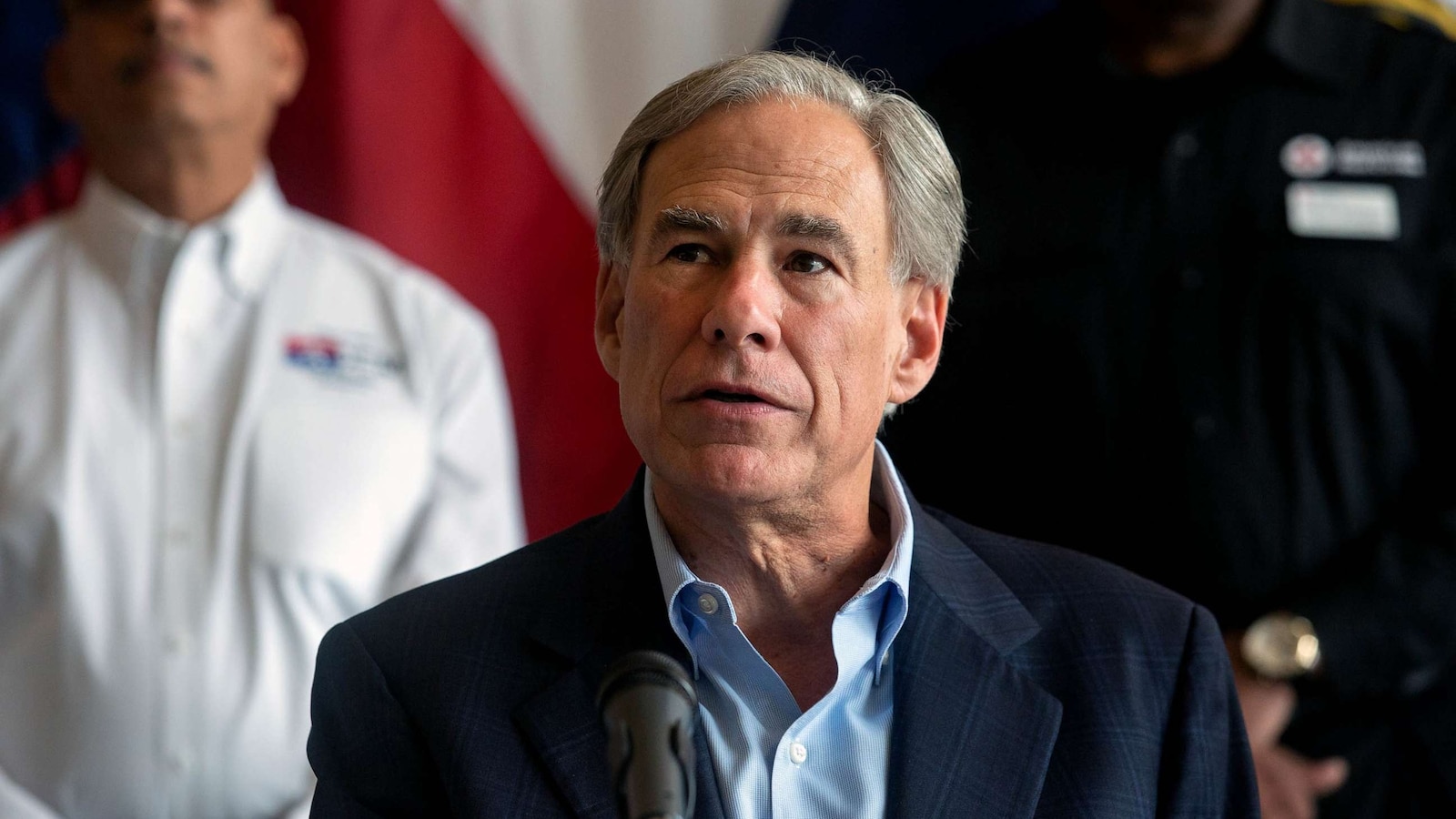
'A Scary Future for Them': Elon and Pals Turned DEI into Far Right's New Boogeyman
Elon Musk and other right-wing culture warriors are attacking efforts at diversity and inclusion — but experts say they distort the situation
‘A Scary Future for Them’: Elon and Pals Turned DEI into Far Right’s New Boogeyman
Right-wing culture warriors have stepped up their attacks on diversity initiatives, but they're willfully distorting the issueBY MILES KLEE
JANUARY 11, 2024

A student at a Harvard University rally in support of affirmative action. THE WASHINGTON POST VIA GETTY IM
NOT EVEN TWO weeks into the new year, and it looks as though far-right agitators have honed in on the scapegoat of the season: DEI, shorthand for “ diversity, equity and inclusion” initiatives and policies that can be implemented in workplaces and educational institutions.
Although long included in the litany of vilified concepts that conservatives like to complain about — from “wokeness” to gender fluidity to Critical Race Theory — DEI has taken a new place of prominence after being scapegoated for two incidents that made headlines in early 2024. One was the ouster of Harvard University president Claudine Gay, the first Black person to lead the Ivy League school, just six months after she assumed the role. The other was an Alaska Airlines flight during which a door plug of the Boeing 737 Max 9 jet blew off the fuselage, causing cabin depressurization and necessitating an emergency landing.
Originally, neither story had any to do with DEI. The initial calls for Gay’s resignation stemmed from her perceived failure to address antisemitism on the Harvard campus. It was only after she faced the allegations of plagiarism that would ultimately unseat her that prominent critics, including hedge fund billionaire Bill Ackman and right-wing activist Christopher Rufo (who first accused her of academic misconduct), argued that she was unqualified for the job of president and had been appointed solely because of her race and gender. As for the malfunctioning door plug on the Boeing, it was manufactured by Spirit AeroSystems, a company already facing a lawsuit over “ quality failures” of its parts. Yet Elon Musk, now closely aligned with the reactionary right, implied in a tweet that “ DEI hiring” at Boeing was to blame, and Chaya Raichik, known on X/ Twitter for her anti- LGBTQ hate account “ Libs of TikTok,” fumed that Alaska Airlines was jeopardizing passenger safety by focusing on diversity and inclusion and “ making their planes gay.”
This moral panic, DEI consultants tell Rolling Stone, mirrors the unfounded paranoia in recent years about Critical Race Theory, or CRT, being taught to young students. CRT involves advanced academic concepts introduced at the undergraduate or graduate level; K-12 schoolteachers have been largely baffled at the objections from parents to something that wasn’t even part of their curriculum. The conflict was cynically invented, in part, by Rufo. The backlash to DEI, experts say, can likewise be described as outrage at societal changes that are not actually occurring at significant levels.
“What’s really absurd about these attacks,” says Amber Madison, who co-founded the DEI consulting firm Peoplism in 2017, is that “when you actually look at statistics, we are making horrible progress.” She adds, “No, women and people of color and people who are underrepresented are maybe marginally better off than 10 years ago, but numbers are not moving and they’re not moving fast enough.” Madison also says that business owners and executives who claim to be “passionate” about implementing DEI practices can balk at her systematic approach and instead ask for a “one-off” training session that is far less effective.
Matthew Florence, a DEI consultant who has mostly worked with nonprofits, including education, housing, and arts groups, agrees that the supposed crisis is vastly overblown — not only because DEI doesn’t have the negative effects described by conservatives, but because it’s far less institutionalized than its critics imagine. “All of the promises of promotion of DEI after the big police cases, particularly [the killing of] George Floyd [by police officer Derek Chauvin], are starting to drop off,” Florence says. “The nonprofit sector definitely wants to continue the trend, but the money is not always there to follow through. And the urgency has gone.”
“It’s definitely ironic that they would step up the attacks when things are simmering down,” Florence adds. But he suspects that DEI “is a bigger boogeyman than CRT,” which is “a harder concept to understand.” Florence also says that “the newer attacks on DEI seem, to me, to be more in line with attacks on diversity in general, from the attacks on diversity in college admissions to the attacks on university presidents to the general whining about white men, in particular, not being hired, to the attacks around immigration. It feels like an overall last-ditch effort to preserve a more white-centered United States culture.”
Rachel Décoste, a writer, educator, and social policy expert from Ottawa, Canada, who leads workshops and lectures on topics including anti-racism and diversity, agrees that scare tactics around DEI are more broadly effective than anti-CRT propaganda. “I think that’s their strategy,” she says. “They were losing a lot of people with CRT. If you ask Joe Blow on the street, ‘What does it mean?’ — they usually weren’t able to define it. DEI is widespread, it’s the subtitle of somebody at your workplace, and it’s an easier, closer target.”
But Décoste also notes that the anti-DEI surge is really just an echo of the grievances voiced about similar attempts to foster social equality in the past. More than 15 years ago she spoke at conferences about “diversity” — “that was the term back then,” she explains. “I’m sure you could go back to the ’70s, and they had discourse about, I suppose the word in Canada was ‘multiculturalism.'” She cites the U.S. Equal Employment Opportunity Commission and affirmative action as well. “All of these things, to me, mean the same thing,” Décoste says: people wanting “the same consideration, the same respect,” no matter how you label the project. And in each case, Décoste points out, there has been stubborn resistance.

